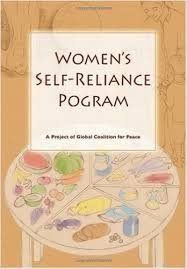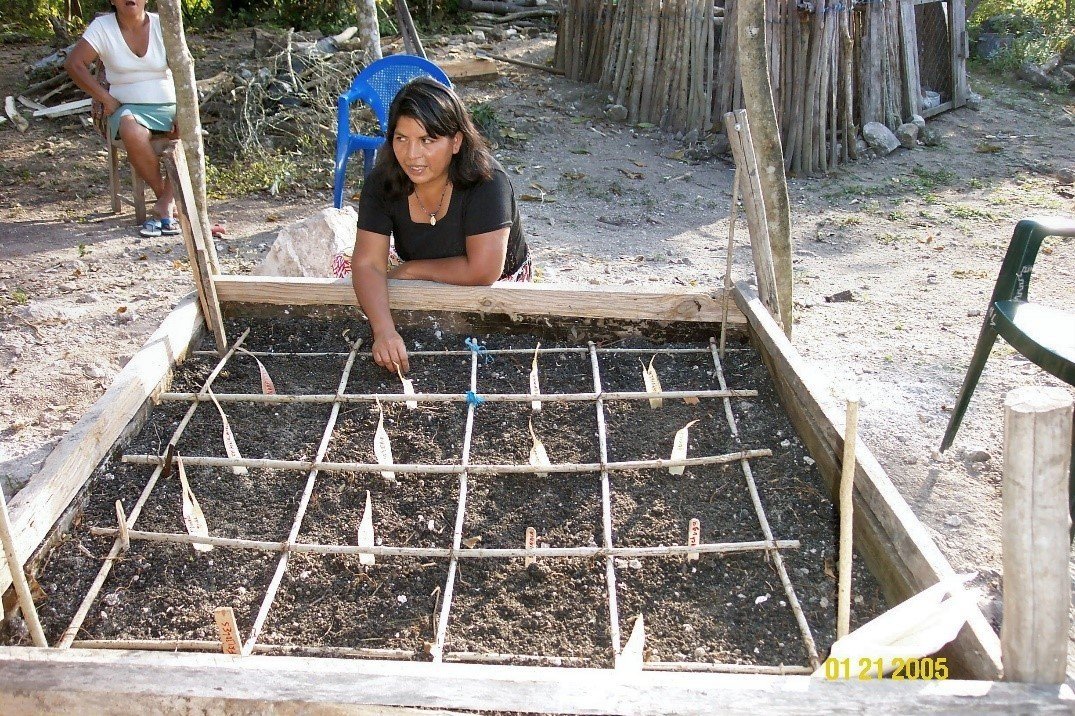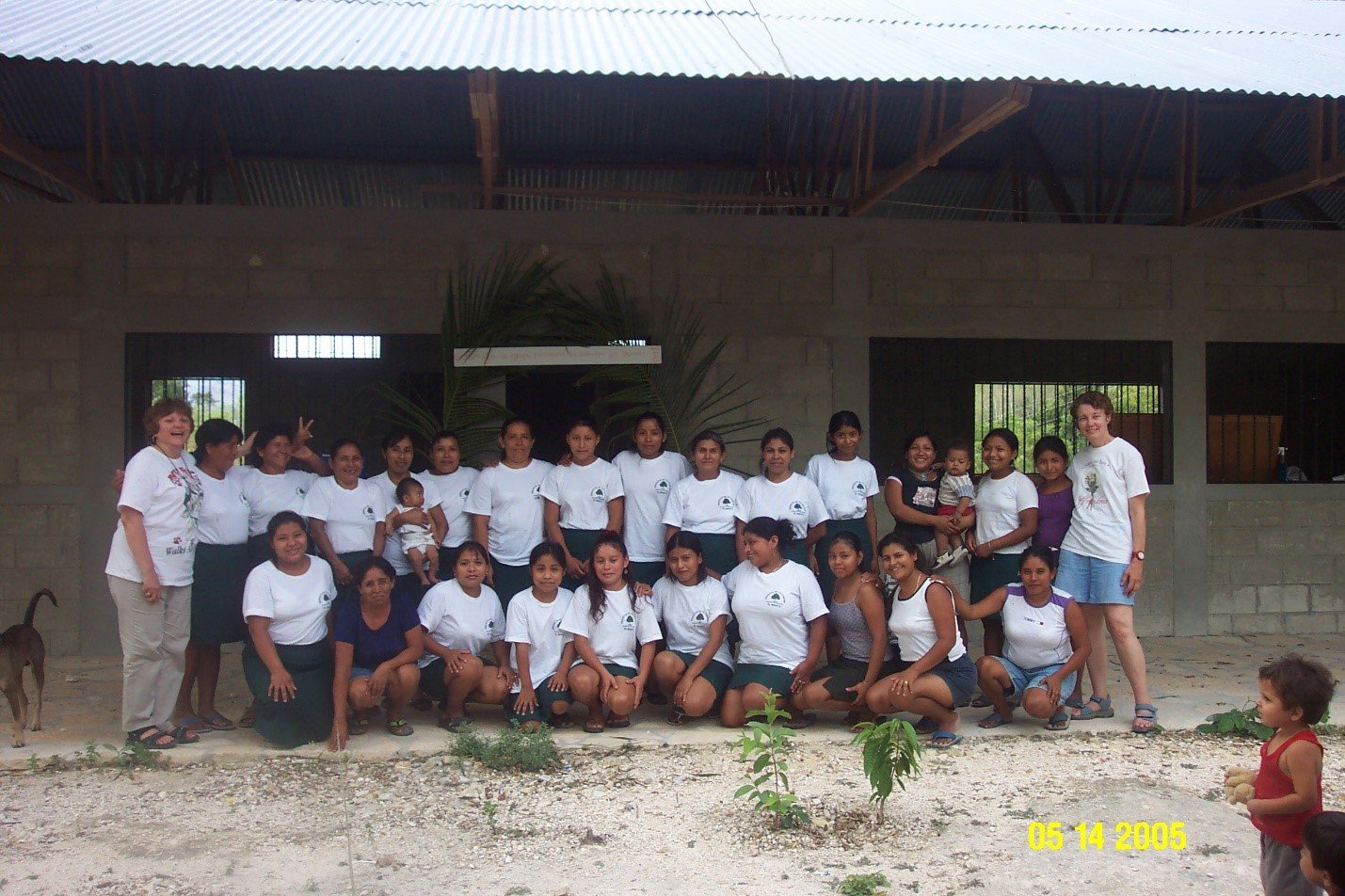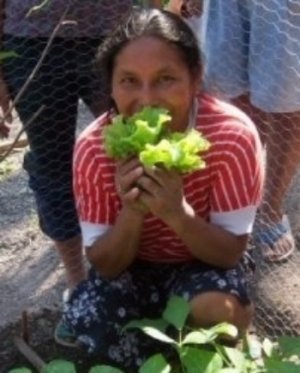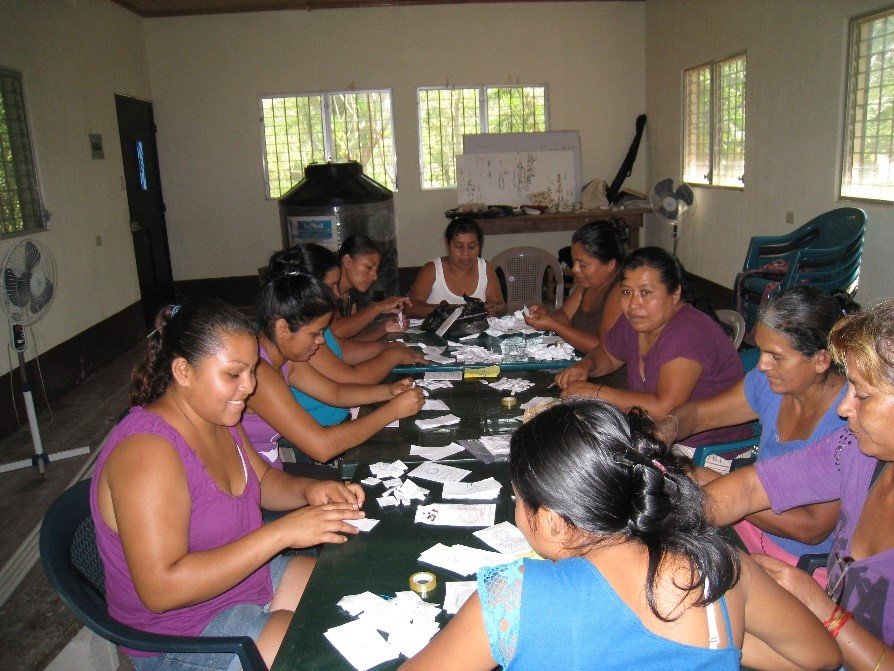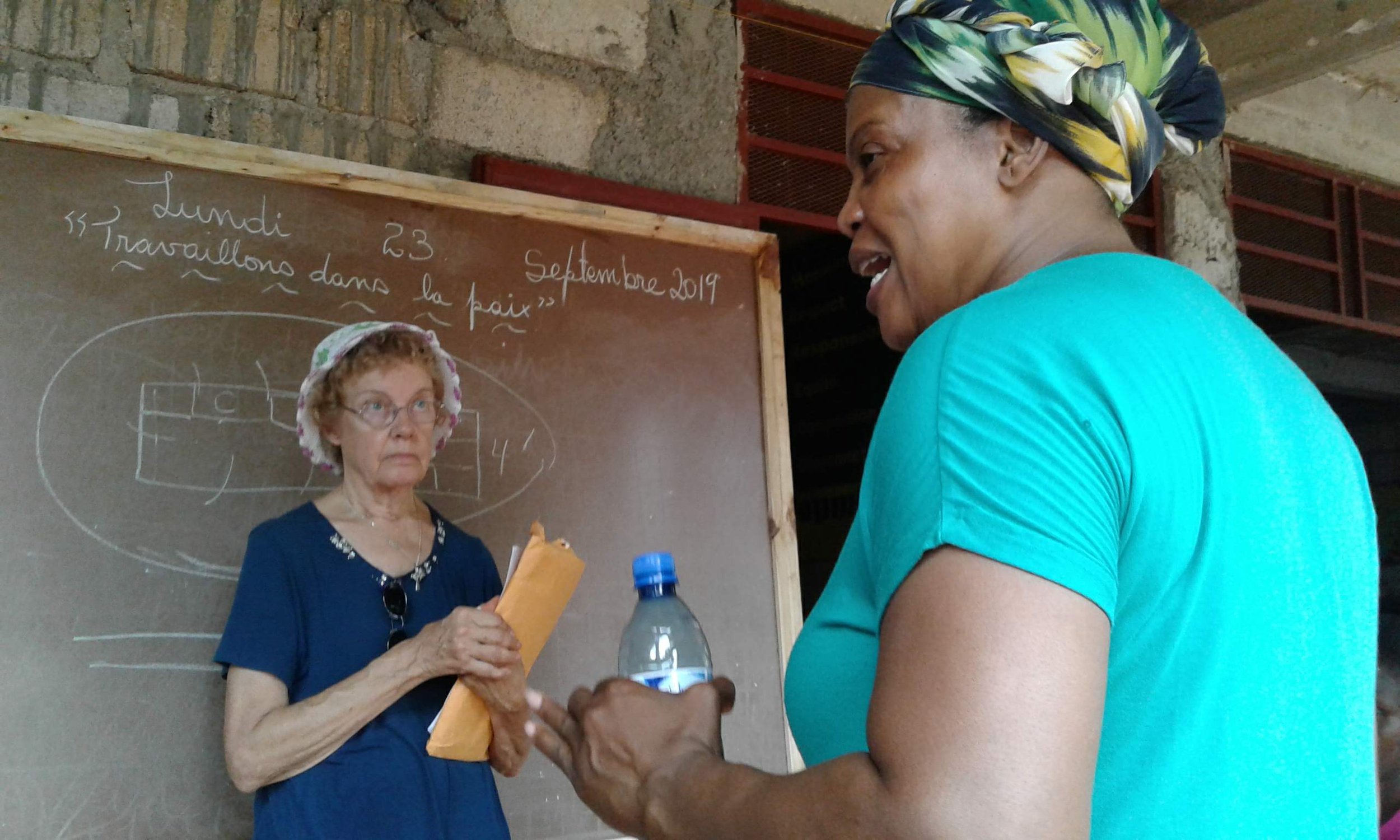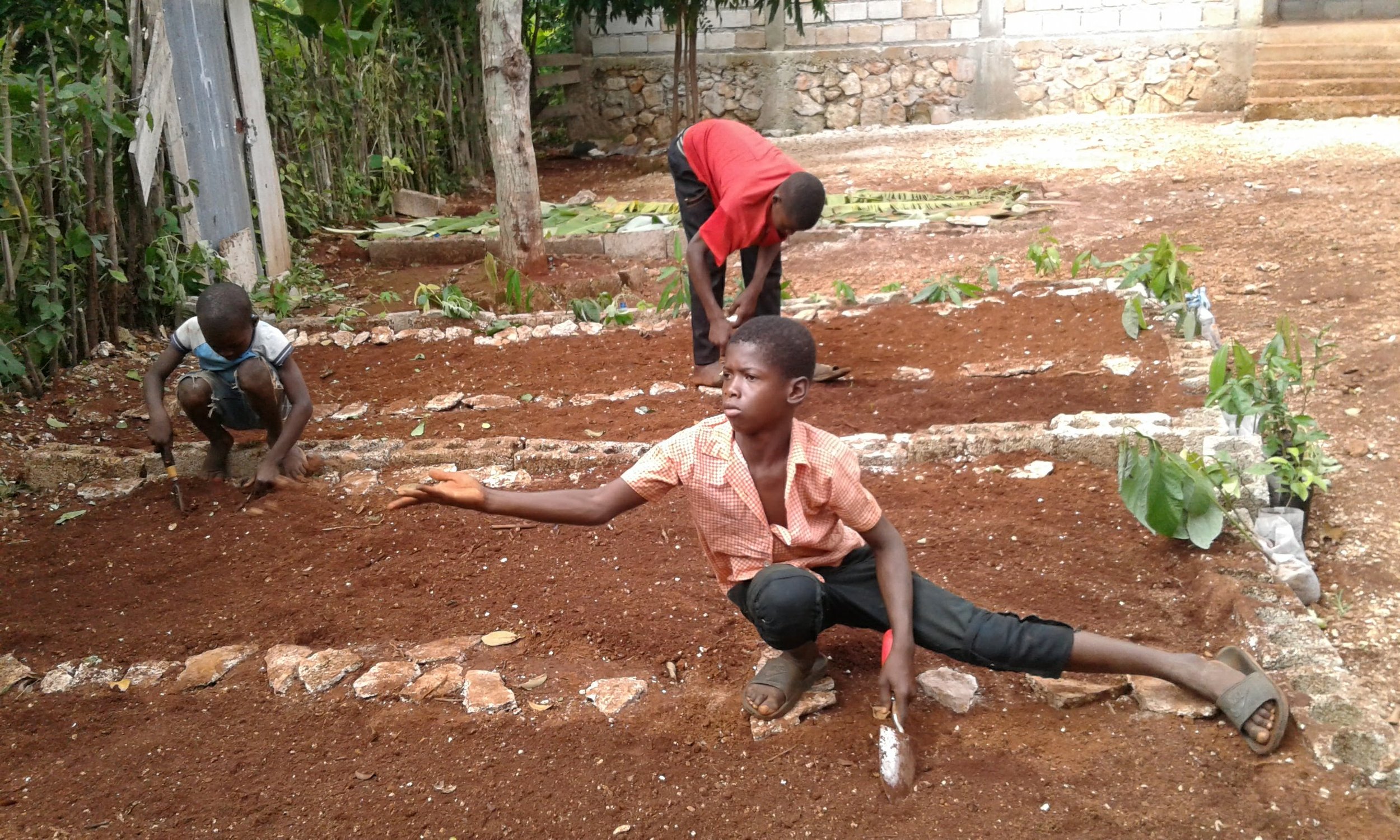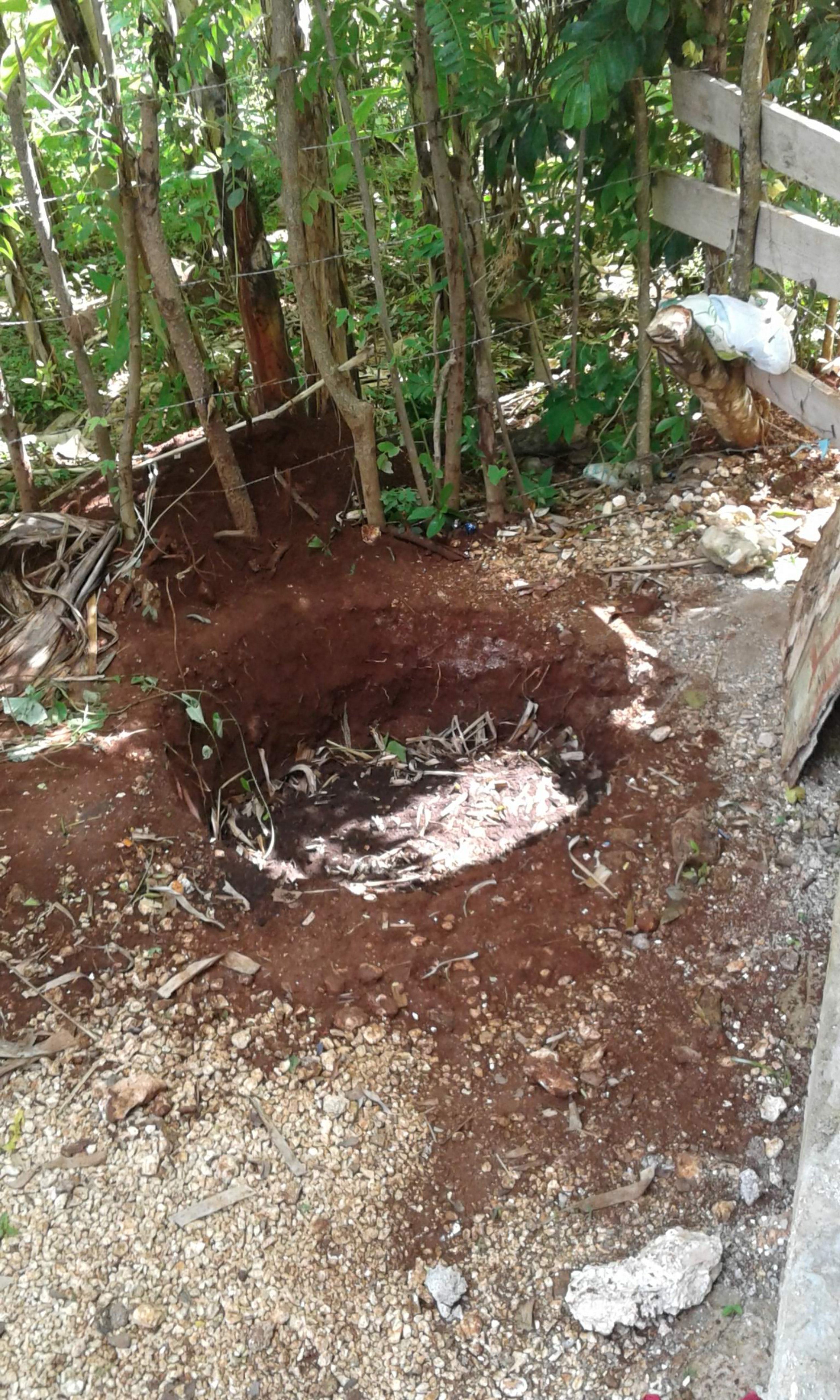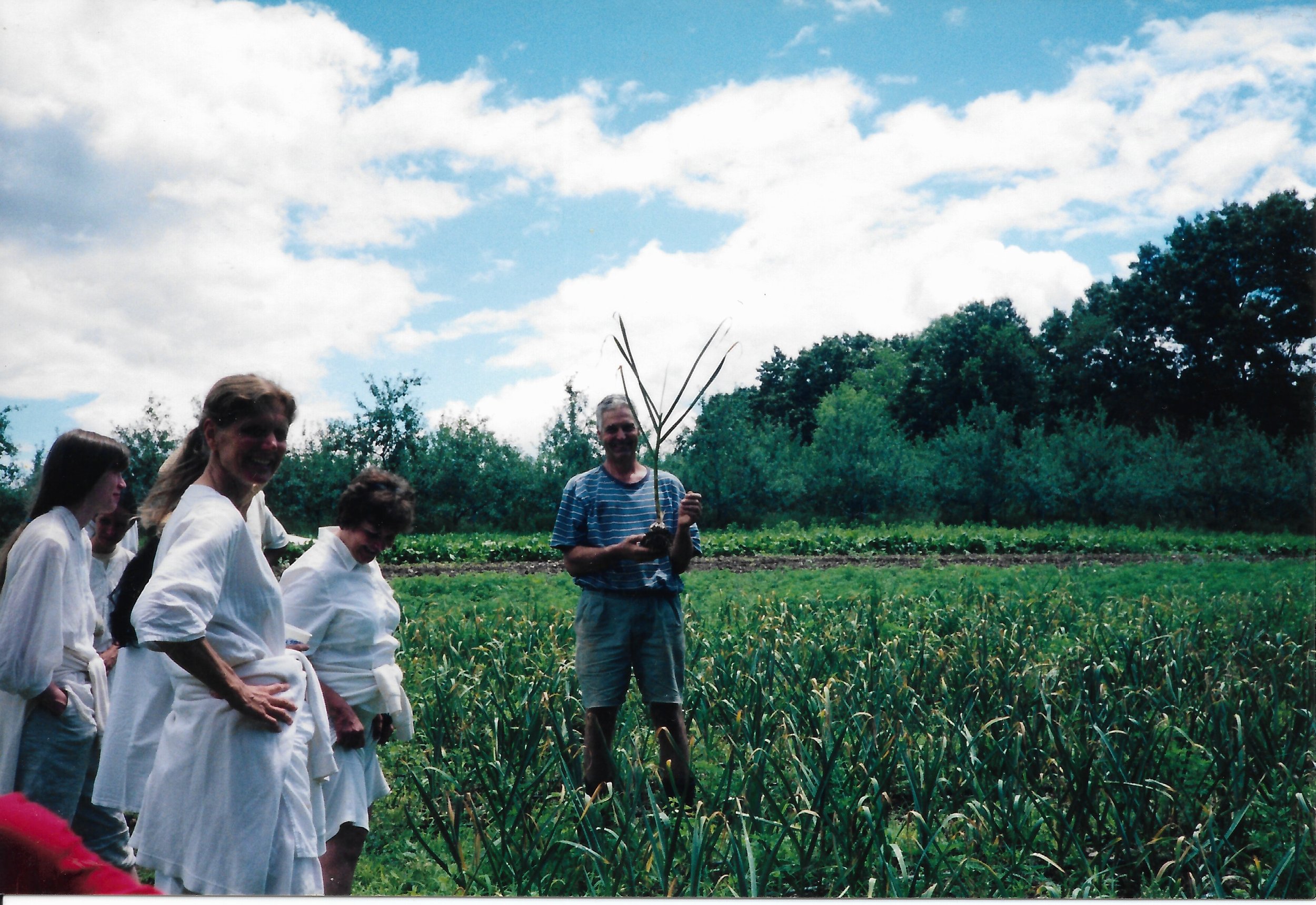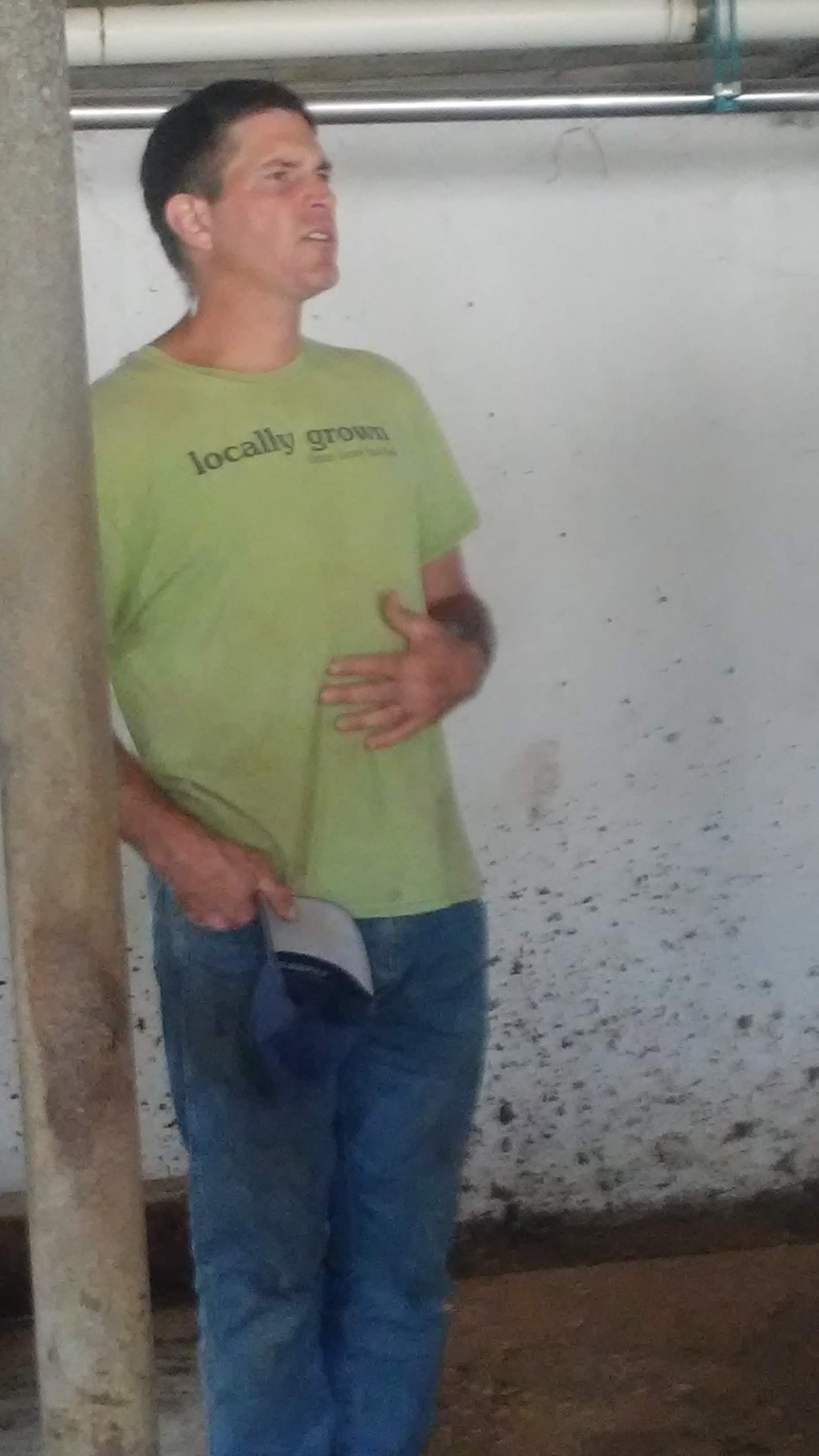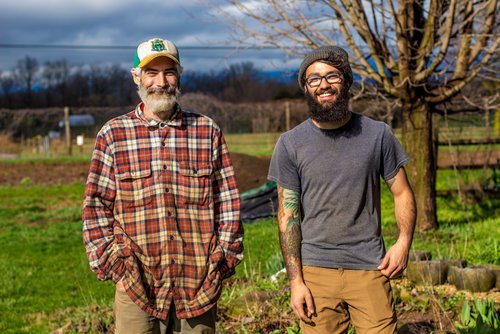SOCIAL TRANSFORMATION
CSA and Aparigraha: A New Economic Paradigm for a Culture of Peace
Spiritual Food CSA and the Women's Self-Reliance Program are two examples of ‘APARIGRAHA’ in practice.
The CSA model demonstrates that alternative ways of relating to each other can have a powerful effect in the overall societal landscape. In the articles that follow we can see how a New Economic Paradigm bringing together the concepts that reinforce a harmonious relationship with Mother Nature, fellow human beings and the whole of creation, engenders a complete reversal of established fundamental concepts that sustain our present economic system which is dictating destructive patterns of behavior that can be substituted by constructive and love based ones.
Why Economics?
Economics permeates our lives, whether we realize it or not. Our lack of awareness of its pervasiveness opens the door for corporate power grabbing along with its devastating consequences.
Human beings are inter-dependent. We depend on a constant exchange with each other, as well as with our environment in order to survive—the air we breathe, the food we eat, the clothes we wear, the love we seek to give and to receive are fundamental exchanges we make with the world.
Even if money did not exist, we all would have to engage in relations of exchange to support our lives.
The economy-- an organized system of exchange of the goods and services humans produce to stay alive, and live well-- has become a distorted means of generating income that does not necessarily support life. Today, mechanisms of the economic system destroy the very means to live - damaging our land, water, and air - and bring misery and hurt to people, instead of happiness and security.
We need a way to relate to each other in an economic system that is life affirming. To ‘live well’ implies spiritual, mental, emotional, physical, social and spiritual well being. Since economy touches all of our lives, we can each influence our immediate sphere in powerful ways by the way we spend our money.
Why change?
To break the shackles of economic slavery a radical change is necessary. We need to reverse the current trend of this economic system that has proven to be destructive because of its core values of scarcity, incentives, “free-market”, profit maximization, and competition, as propellers of economic activity.
This alternative economic paradigm, called ‘Aparigraha, A New Economic Paradigm for a Culture of Peace’, is rooted in core values and principles from the science of yoga. Yoga, a millenary science of human well-being, provides guidelines for harmonious and positive societal and interpersonal relationships.
Yoga is not a religion, but a spiritual science, whose ultimate goal is complete harmony and union with all of life, by merging with the Source of life.
Yoga can be practiced in conjunction with any religion, as well as by people who do not identify with any religion. It is based on respect for the sacredness of life in all its forms, and its teachings foster the well-being of all. The guidelines of Yoga being used are called Yamas and Niyamas.
The same precepts can be found at the core of the spiritual, religious and humanistic traditions of all cultures. They are known as Perennial Truths and are basis of the New Paradigm.
What to Change?
The present system, designed by economists, needs to be changed for an economic paradigm enacted by the people. A new economics for a culture of peace will be based on principles of Abundance, Cooperation, Right Motivation, and Solidarity Based Exchange, to replace the so-called “Free Market."
We replace profit making economies of war, for life affirming economies of peace. We replace vertical top to down dictates, for decisions from the people.
Instead of manufacturing weapons, and useless goods, satisfy basic material and spiritual needs for all; Instead of dependence on non -renewable energy and earth destroying modes of transport and production, foster a sustainable society and planet.
Scarcity -> Abundance
Competition -> Cooperation
Incentives -> Right Motivation
Free Market -> Solidarity Based Exchange
How to Change?
By Doing!
Theory is necessary to determine a plan of action, but its implementation is what really determines its validity. Aparigraha in action is demonstrating the viability of the theory.
Examples are: Spiritual Food CSA and the Women's Self-Reliance Program, that includes the Sattwic Peace Gardens. There are similar initiatives all over the world such as alternative currencies, land trusts, and others.
To Learn More:
Our vision for the future of food: Peaceful (R)evolution: Spiritual Food and Social Transformation
Aparigraha: a New Economic Paradigm for a Culture of Peace- Aparigraha: A New Economic Paradigm for a Culture of Peace
Aparigraha: a New Economic Paradigm for a Culture of Peace- Comprehensive Outline and Main Texts
How Farms Can Solve the Current Socioeconomic Crisis: "Peace, Economics, and the Future of Food"
The irony of a consumer mentality: The Story of Stuff (the classic video)
Aparigraha (Non-greed) Land, Economics and Agriculture
by Victor Landa
One of the projects of Global Coalition for Peace is the New Economic Paradigm. The first stage was redefining economics, the second stage-- still in progress-- is the implementation of this definition. This article summarizes the first stage and the initial chapters of the second stage
Aparigraha: a New Economic Paradigm for a Culture of Peace
….A world with hunger is a world without economic justice…. without economic justice there can be no peace …
“Aparigraha,” the fifth Yama in the system of Raja Yoga as compiled by Maharishi Patanjali in his classic Yoga Sutras, is a Sanskrit word meaning non–greed, or non-possessiveness.
We consider this the fundamental shift in consciousness necessary to sustain the new definition of economics that we offer.
In reality, it is nothing ‘new’, since it is part of the principles of world religions whose origins can be traced to the “Perennial Truth” or “Perennial Philosophy” as P.D. Ouspensky points out in his classic Psychology of Man’s Possible Evolution. It is the spine of any ethical construct, and yet its practice has been long abandoned. Our premise is that any endeavor without a spiritual component will not attain real success.
Aparigraha’s new definition of economics states:
“Economics is a normative social science that seeks means to provide for the satisfaction of universal, finite needs and specific, limited wants. This is in order to ensure the happiness of all human beings based on their spiritual, physical, mental, emotional and psychological make-up.
Economics as a spiritual and material science guides the allocation of the planet’s abundant, natural, material, manufactured and human resources to enable people to act as responsible members of society and stewards of the planet.”
The parameters used to implement this paradigm are:
1. No economic system intended for the benefit of the collectivity can or should be imposed. It needs to be embraced by the majority of the people based on the content of its message.
2. It needs to prove that its assertions are viable and demonstrate that it can
deliver the envisioned results.
3. It needs to rest on historic background and be bold enough to sustain a vision that walks untreaded paths.
This paradigm establishes a priority for the satisfaction of finite needs, which mainly are a) Food b) Shelter c) Clothing d) Health e) Education.
The Aparigraha Paradigm rests on two pillars, theoretical and practical:
1. a Shift of the philosophical tenets of prevailing economic theory
2. the Restitution of the commons.
In the first pillar we replace Scarcity (the essential concept on which the whole present economic system is based) with Abundance, Competition with Cooperation, Incentives with “Dharma” (duty or right motivation) and “free market” for “fair trade” and Swadeshi (local production and consumption.)
In other words the main thrust of economic activity should, as a first and immediate objective, be geared to the satisfaction of the basic needs of humanity, food, clothing, shelter, health and education.
In the second pillar, the practical aspects, we propose the restitution of the commons— that is air, water and soil— as inalienable rights of humanity as a whole, with the corresponding consequence of responsibility for good stewardship. In other words, none of these essentials to human life should be subject to ownership, that means no individual or organization can own them, and it is everybody’s responsibility to care for them in a way that they are maintained in as pristine condition as possible for successive generations.
If anybody were to claim ownership of the sunshine and air, we would think that person has lost his or her mind. Imagine a world where everybody would have to pay for the right to breathe the air. For hundreds of years now, however, the process of privatization has been underway. It started with land ownership. Now there are efforts to privatize water. Why, then, would we be surprised to learn it may happen with the air and the sun? Slowly but surely we are moving to that point of insanity and unless a policy of reversal is adopted the existence of the planet itself is at stake.
Starting from the premise that the most precious possession is LIFE, the first concern is for survival, it is evident that food becomes one of the fundamental means to ensure that survival, that is food that carries the forces of life inherent in a healthy soil and environment that are open to cosmic influences, not denatured, artificially produced “food.”
Longevity is a normal aspiration, but if it is not accompanied by a good quality of life, it loses its purpose. Therefore that the quality of the soil should be sufficient to render a quality of food that can sustain a good quality of life should be part of this inalienable right. It is the responsibility of all the members of society to guarantee that this holds true for every single human being. As long as land is being exploited, and rendered useless by the use of genetic engineering and synthetic chemical fertilizers and pesticides, we can not expect this right to be met. Unless our relationship with the land is based on LOVE we will be caught in a downward spiral.
Agricultural land therefore becomes of primary importance for the implementation of this paradigm. Since agriculture is totally dependent on the availability of land, society should make provisions to assure the maintenance and sustainability of agricultural lands and its ownership.
Cities are encroaching on agricultural land with the concomitant effect of raising the real estate prices, a system that is threatening the survival of small farms. With the present trend, the prospect is very bleak for the future of agriculture. Since our proposal’s main premise is to establish agriculture as society’s number one priority, it follows that the land issue, directly related to it, should rise to the same level of importance.
Water, with the present trend of privatization is the next one in danger, but the most critical area is land. Our proposal sustains that land should be owned by those occupying it, that means ownership is by municipal, county, state or federal authority, depending on the civil organization; this ownership is not transferable in any case and is manifested by long term leasing to those who want to make use of the land for whatever purpose.
However, agricultural land will have priority over any other kind of use.
How to implement this policy;? There is only one way to reverse the current process: go back to the very beginning and start with the restitution of the land to its true owners: “the people of the land.”
A step by step approach should be taken, first securing the federal and local, state or community owned land. This land would not be available for sale under any circumstances. It would only be available for lease. The land not presently being used should be put to use buying it from owners, compensating them at market value. Finally, land presently owned by individuals and being used will no longer be subject to inheritance, but would revert to the local authorities or government. The rest of the land in time and as circumstances allow will be bought at market value from their owners.
Although we do not expect to see the new economic paradigm manifest—with all its implications—in this generation, it is encouraging to see significant changes already underway, both in the theory and practice of economics.
Indeed this paradigm is one of many manifestations of a global shift of consciousness. The creation of local currencies in small communities across the globe, and the growing “land trust” movement in this country indicate that conservation and local self-reliance are—necessarily—the way of the future.

